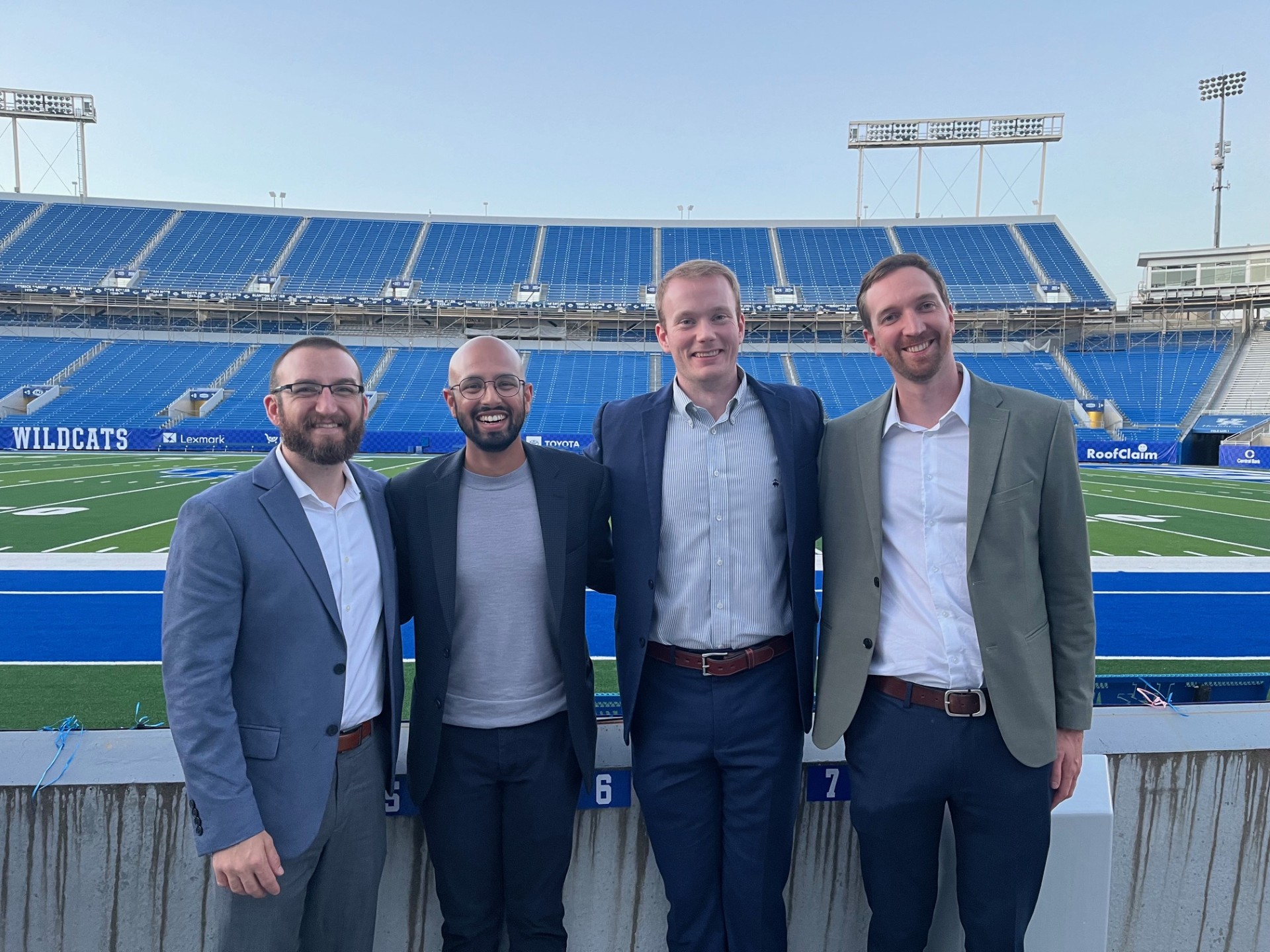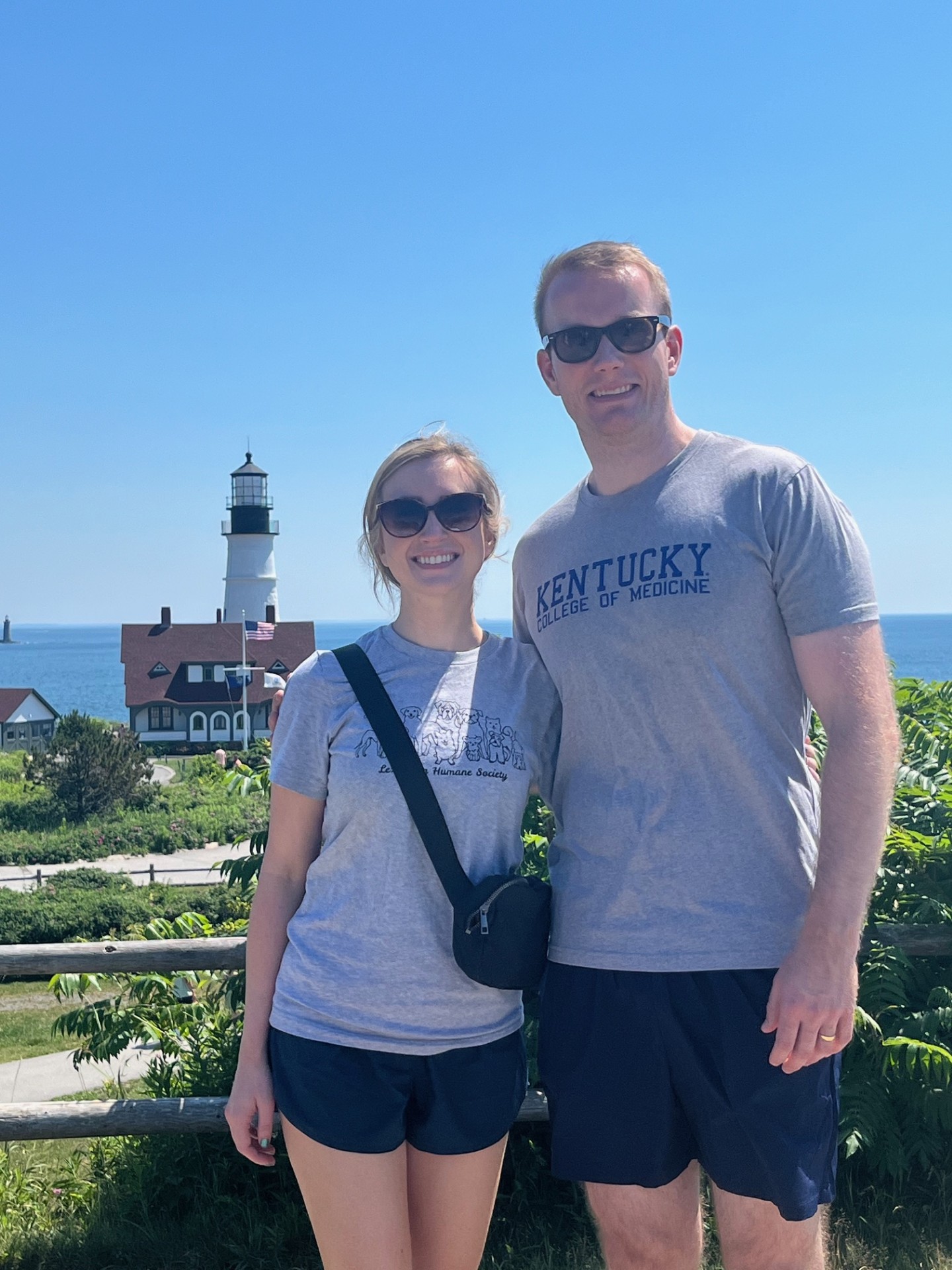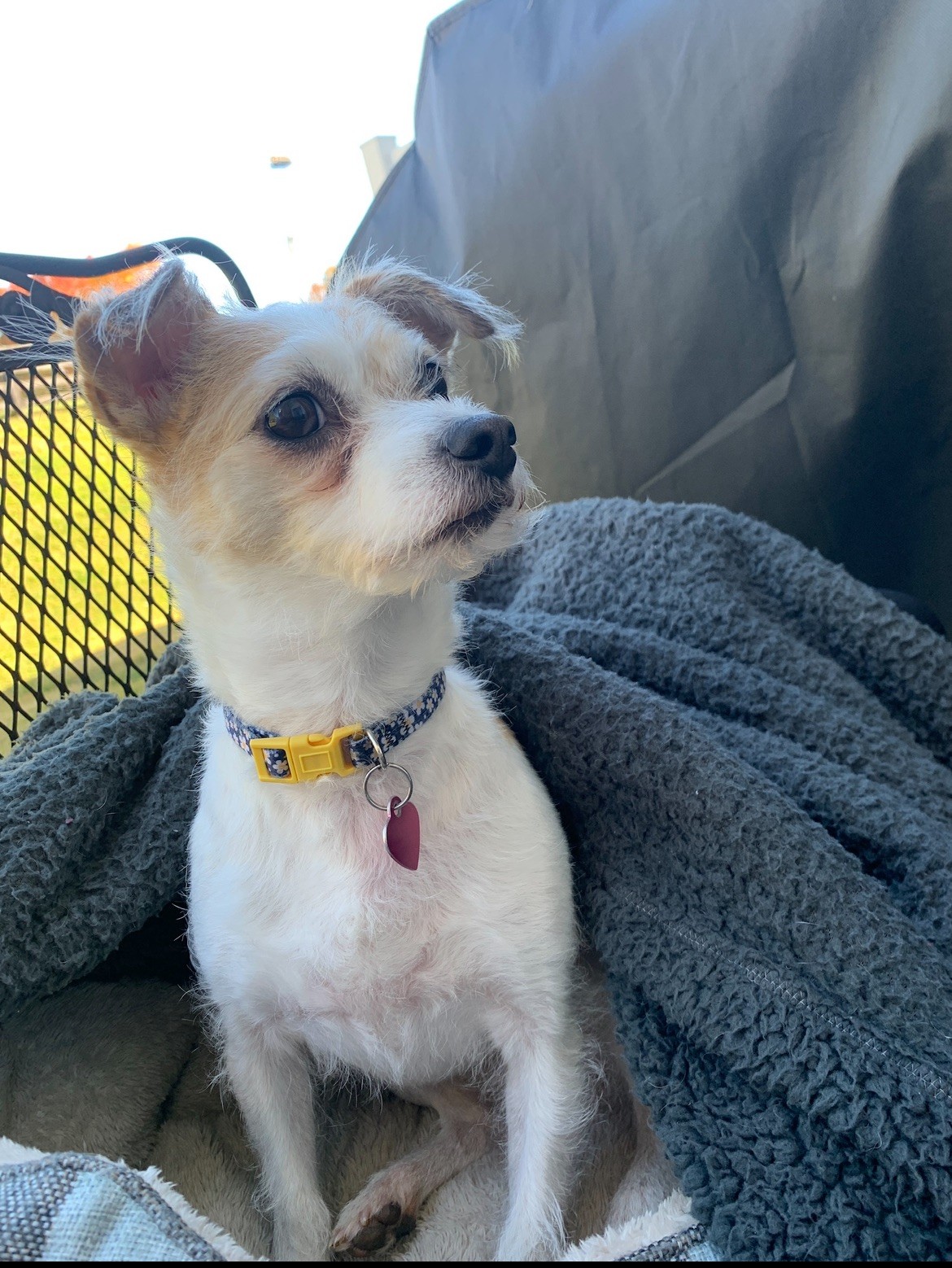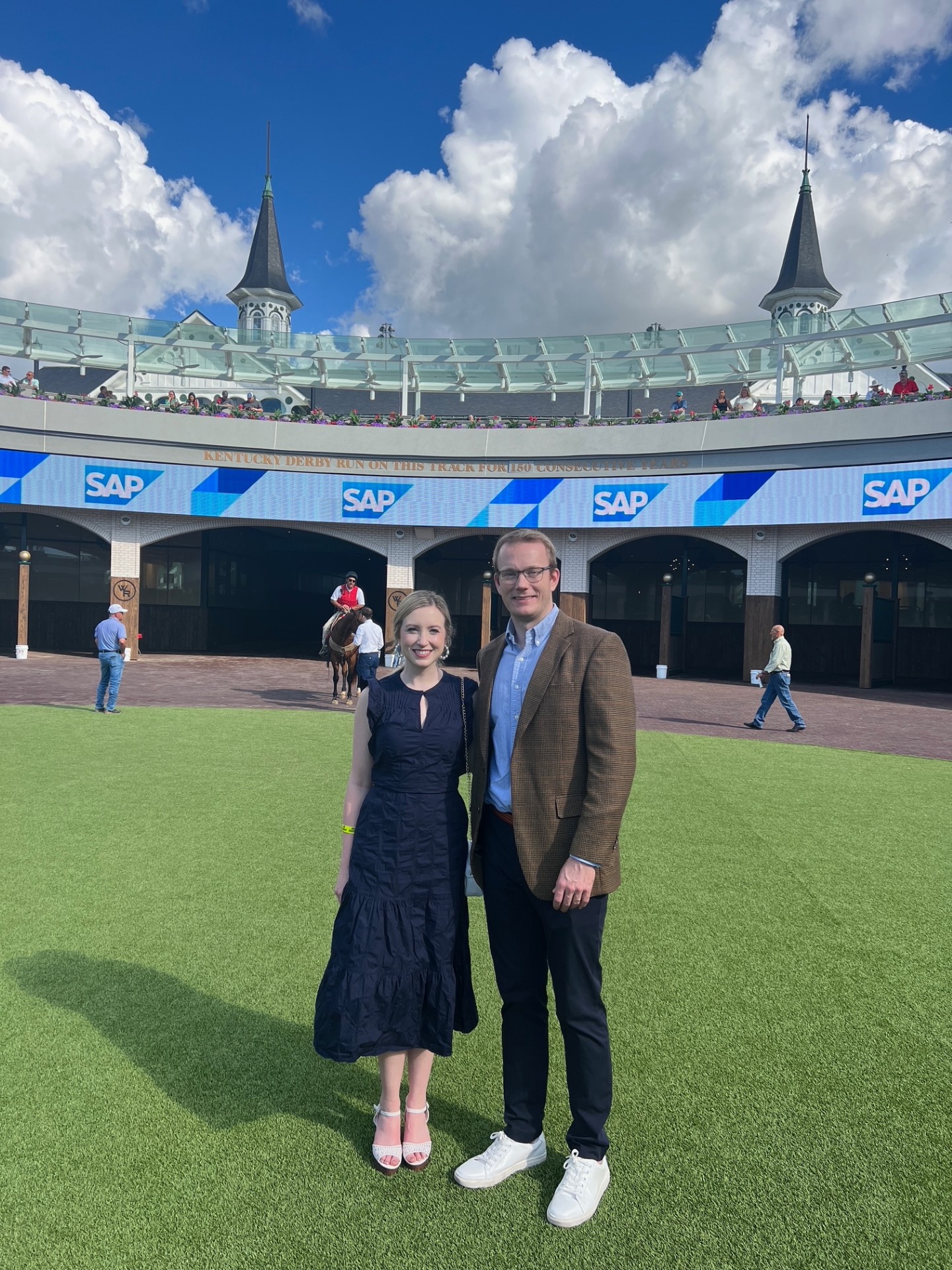For Garrett Oberst, MD, practicing medicine wasn’t always the plan.
He enrolled at Butler University with plans to pursue pharmacy through an accelerated six-year track. “After working in a pharmacy for a little while, I realized it wasn’t for me,” he said. Home for the holidays, he recalls telling his parents on Christmas Eve that he was stepping away from the program to pursue pre-med instead.
That decision ultimately led him to the University of Kentucky College of Medicine, where he earned his MD in 2020. “I interviewed at multiple places, but UK just felt different,” he said. “There was this emphasis on collaboration, not competition. It felt like home.”
Over the next five years, that feeling only deepened. Dr. Oberst completed his residency in ophthalmology in 2024 and remained in Lexington for a glaucoma fellowship, which he completed this June. Now, he’s stepping into a new role: assistant professor and associate residency program director in the department of ophthalmology and visual sciences.
“I entered residency thinking I’d go into comprehensive ophthalmology and pursue a career in private practice,” he said. But the experience of caring for patients at UK, and seeing the institution’s commitment to providing compassionate care for all, changed his perspective.
“I realized how much I valued the patient population here,” he said. “UK will see anyone who shows up, regardless of their ability to pay. We also often must navigate complex social situations. While this may be more time-intensive, it is also incredibly rewarding”
That commitment to care, combined with a passion for teaching, drew him toward academic medicine.
“I’ve had mentors here who impacted me not just in ophthalmology, but in ethics, communication, and life,” he said. “The opportunity to do that for others really appealed to me.”
Even during fellowship, Dr. Oberst began preparing for a leadership role. He developed a night float call system to improve resident well-being, led monthly flipped-classroom glaucoma case conferences, and played a role in redesigning the department’s didactic curriculum.
One of his favorite moments as a teacher came during a surgical simulation lab for medical students.
“They’d sit down at the simulator and go, ‘Oh my gosh, it’s like I’m doing cataract surgery!’” he said. “It was their first real exposure, and I loved being part of that.”
Though he’s now joining the faculty, the transition feels natural.
“It’s not starting over, just moving forward,” he said. “I’ve had a lot of independence this year, including running a satellite clinic in Ashland on my own that will continue as I join the faculty. I feel well-trained and supported by my experiences at UK.”
That sense of support and shared mission is part of what convinced him to stay.
“There are no walls between the person who’s been working here 35 years and the person who just started,” he said. “A lot of our attendings trained here. That says something, I think.”
During his residency, Dr. Oberst was twice honored with the Joe Childs Award, given to the resident who best exemplifies the compassion, clinical skill, and warmth of a beloved former fellow who passed away unexpectedly.
Though they did not overlap in their time at UK, Dr. Oberst connected with Dr. Childs once. “He didn’t know me, but I called him for career advice, and he spent an hour on the phone with me,” shared Dr. Oberst. “Knowing how highly he was regarded and how he treated me when we had never met, winning that award later meant a lot. It showed me I was doing something right.”
Outside of medicine, Dr. Oberst shares a full life with his wife, a faculty member in the UK College of Dentistry, and their 9-year-old foster daughter. He also joked about their other family member, a 10-pound Jack Russell-chihuahua mix named Cricket.
Looking ahead, Dr. Oberst hopes to stay rooted in Kentucky and continue building a career defined by service, education, and innovation.
“I want to be involved in all three pillars of academic medicine: clinical care, education, and research,” he said.
But above all, his commitment remains to the patients UK serves.
“When we go to satellite clinics, patients often tell me they can only come to Lexington once, for surgery. Everything else has to happen in their community,” he said. “And we make that possible.”



